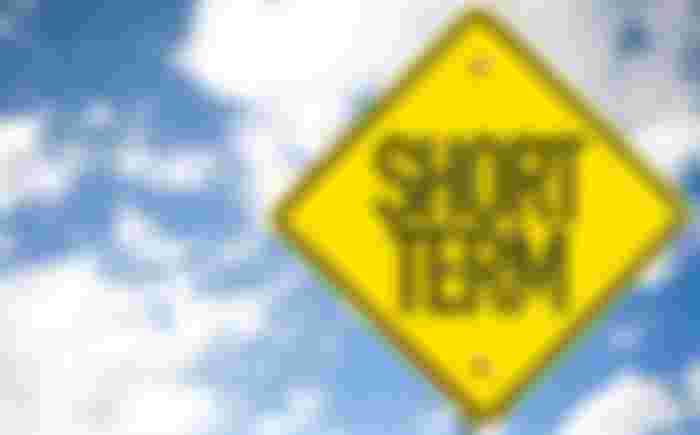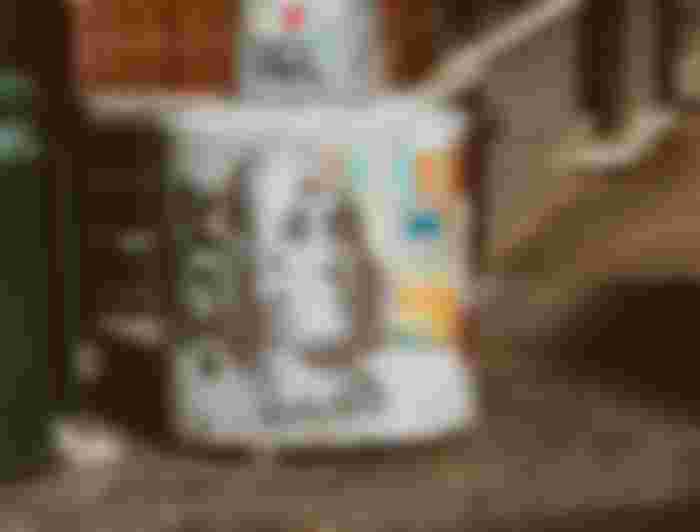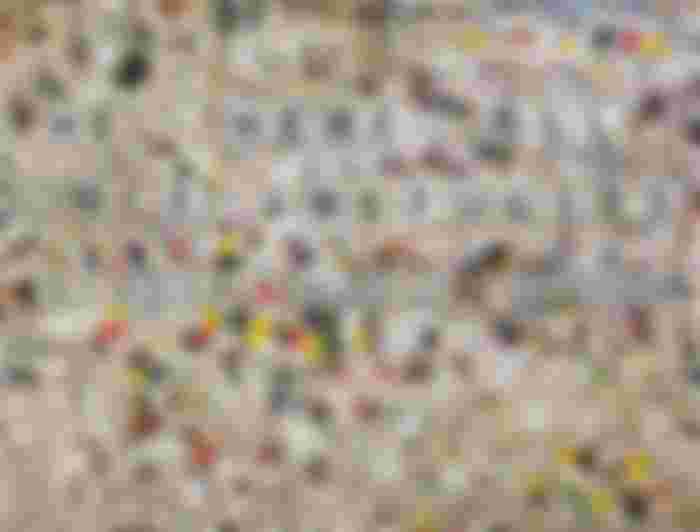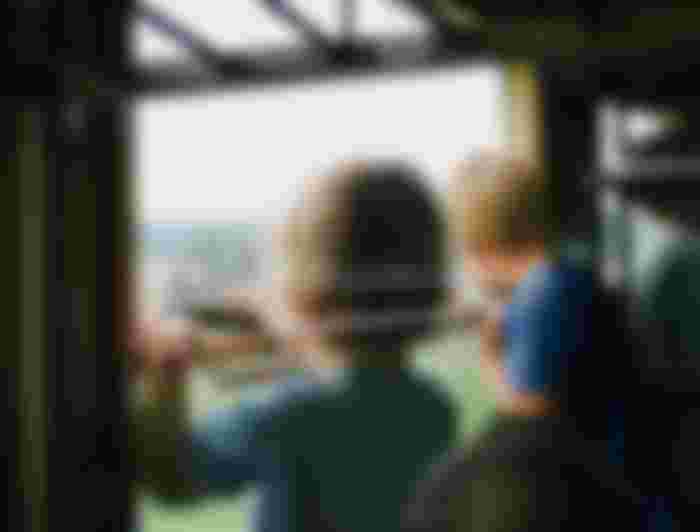Capitalism is generally accepted as the best economic system. With all of its faults, capitalism has allowed for the greatest advances in human history. But if you really stop and think about it for a second, do we live in a truly free society?
The answer is no. Capitalism is designed to funnel everything toward the top .
Let's say, for example, you are a top CEO at Nike . Your goal is to make as much money as possible for yourself and your shareholders. You have several options about how to do this. For starters, you can raise the price of Nikes by keeping all profits generated from selling them in-house and stocking only goods that fill demand. Alternatively, if you were so inclined, you could grab market share by underpricing competitors until they go out of business or sell their company to you.

This option would yield lower short-term earnings but allow greater returns in the long run. Both are valid strategies under capitalism in fact, it's not immediately clear which would be "better" for society.
Now, let's suppose you are the CEO of a chain of coal plants. You have two options here, too: You can charge your customers less money for electricity or you can release more CO 2 into the air . It might seem like an obvious choice to reduce carbon emissions and it is! but in our current economic system, that decision makes no business sense.
Capitalism isn't concerned with human health or environmental impact because capitalism cares about one thing alone: turning a profit. Your only responsibility as a capitalist is to maximize returns for investors. If someone gives you $100 million to build a power plant, why on earth wouldn't you build it? And if your competitor already has one, why wouldn't you build another? It's just good business!

And that is the fundamental problem with capitalism: The invisible hand of the market will always choose money over human health and the environment. People might argue that this isn't true, that we can change our economic system to incorporate environmental measures that people are greedy but they're not evil.
But take a look at what has happened in recent years after powerful hurricanes have ravaged coastal communities in Texas , Florida , Puerto Rico , and the U.S. Virgin Islands .
After multiple extreme weather events, insurance companies have raised premiums so high on homeowners in these regions that many are forced to move away entirely. As an added bonus, real estate developers who own beach property are cashing in by building housing for these refugees further inland.

People are being displaced, communities are being ruined, and yet, capitalism marches on unphased by the havoc it has wreaked. It's no wonder so many people have become disenfranchised with this broken system .
But take heart! Capitalism isn't all doom and gloom. While the market will always take advantage of our problems , people are starting to get wise. We're beginning to see that health care , public services, housing , education , food , water, transportation , energy production & communication systems. In short, everything that keeps civilization running are common goods that should be held in trust for future generations .
Instead of exploiting crises for profit like vultures, we're beginning to work together like ants, building a better world for ourselves and future generations.

With more people coming together to address real human needs, there's no telling how quickly we can get our act together. The next generation might even get it right .
Until then, brave the storm ! A brighter tomorrow awaits us…




Pues el capitalismo es necesario en algunos paises, no estoy de acuerdo con el comunismo porque ya vemos lo que esta pasando en algunos paises de la region (Venezuela, Bolivia, Cuba, Nicaragua..)